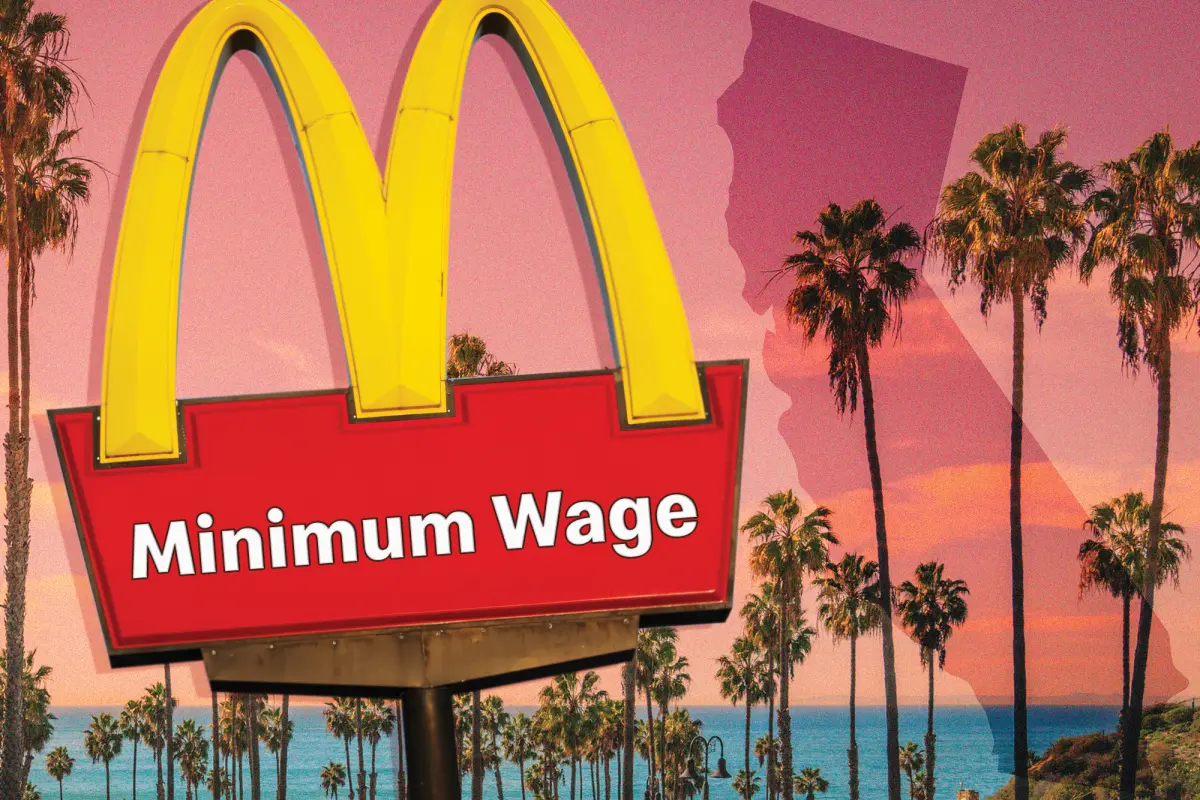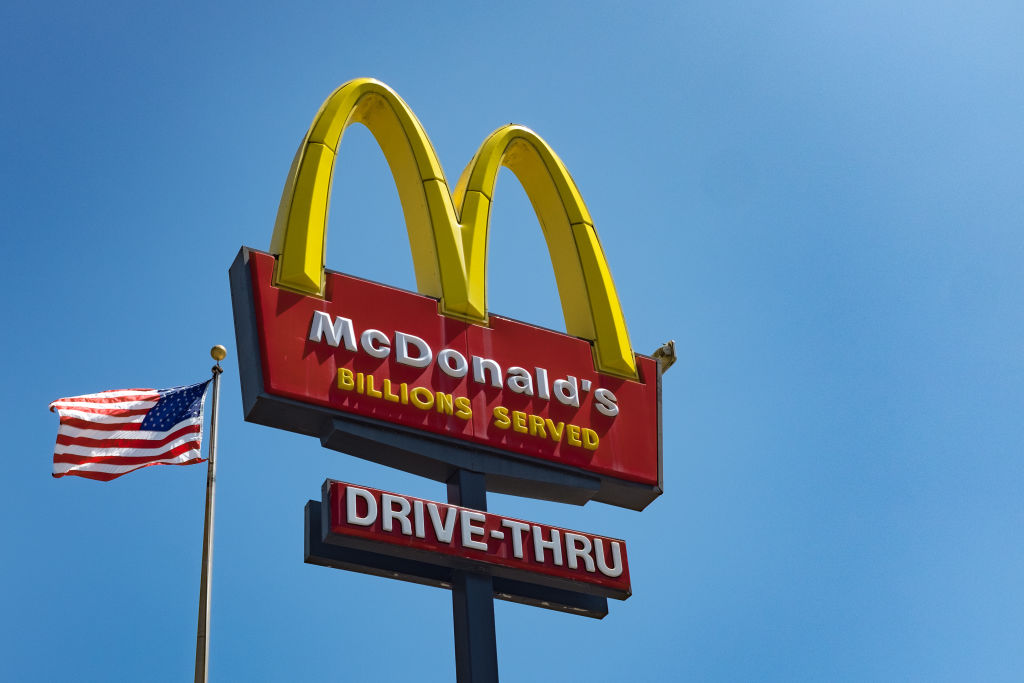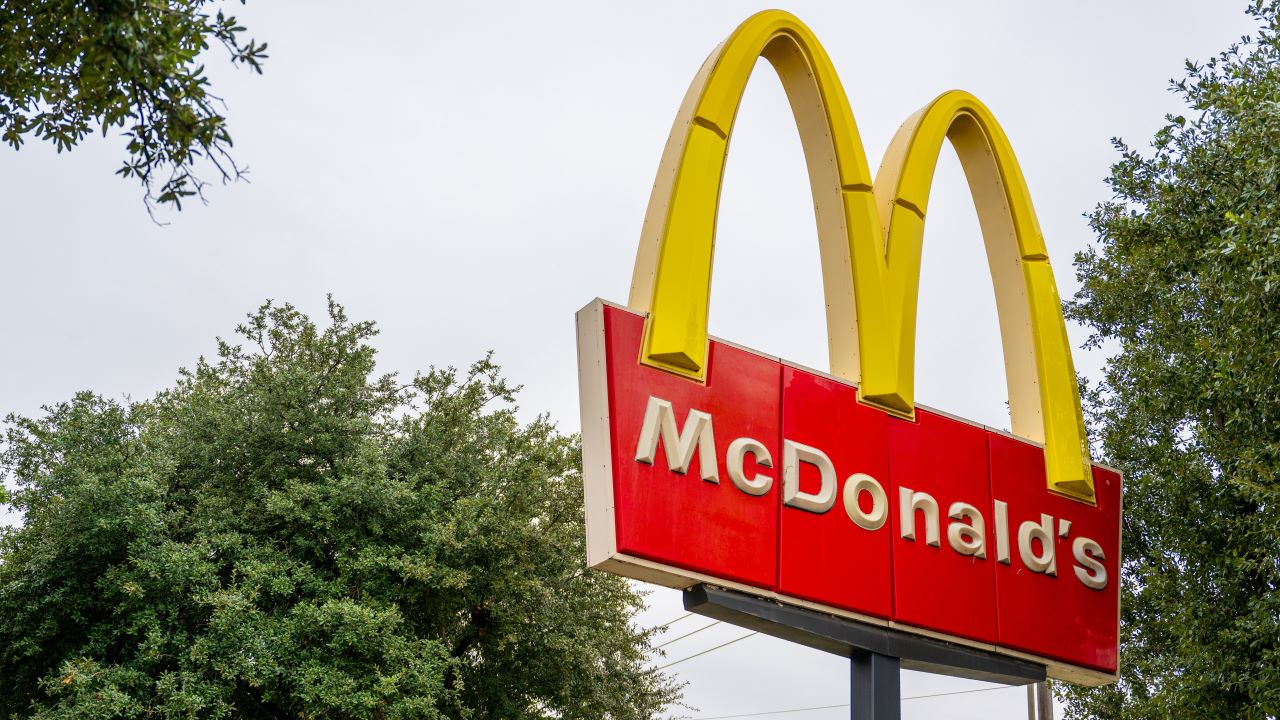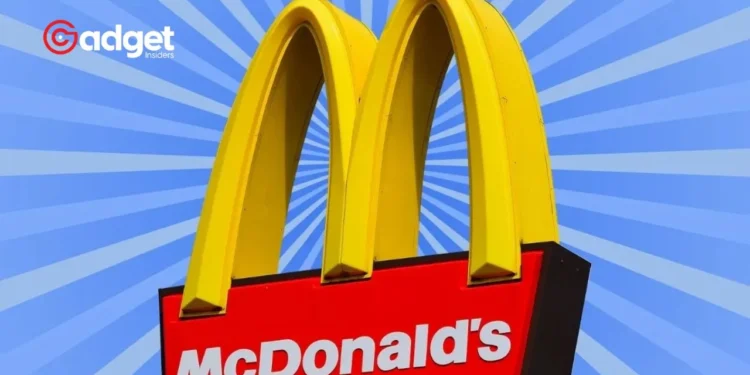Recently, McDonald’s made headlines with a viral sensation that did more than just sell burgers—it sparked a heated debate across California. The fast-food giant’s $25 meal deal, ostensibly a regular offering, unexpectedly became a catalyst for a broader discussion on the state’s minimum wage policies and the economic implications for consumers and workers alike.

McDonald’s $25 Controversy: More Than Just a Meal
What seemed like a typical fast-food promotion quickly turned into a hot topic of conversation, stirring up discussions on social media and among economic analysts alike.
The price tag, viewed by many as steep for a fast-food meal, raised questions about the economic pressures faced by businesses and consumers in California. Critics argue that this could be the “new normal” in a state where minimum wage increases are set to elevate operational costs for businesses largely.
McDonald's $25 'deal' goes viral.
People blame California's minimum-wage increase.
This is the new normal.
Fast food is no longer cheap.
— Wall Street Silver (@WallStreetSilv) April 11, 2024
Analyzing the Impact on Business Operations
The role of minimum wage increases in California has been a contentious issue, with advocates citing the need for a living wage that keeps pace with inflation and cost of living, while opponents highlight the potential for increased consumer prices and reduced employment opportunities.
McDonald’s $25 deal is seen by some as a direct result of rising wages, necessitating higher prices to maintain profit margins.

The Reaction from the Public and Economic Experts
Social media platforms and economic forums have been abuzz with reactions to the McDonald’s deal. Some consumers express dismay at what they perceive as unaffordable increases in everyday expenses, while others advocate for the necessity of wage hikes to support a basic standard of living in the state.
Economic experts are divided, with some warning of a possible inflationary spiral and others optimistic about the long-term benefits of wage increases.
The Role of Cookies and Online Analytics in Understanding Consumer Behavior
In an age where digital footprints are as significant as physical ones, companies like McDonald’s rely heavily on analytics cookies to gauge consumer behavior and preferences. Tools such as Google Analytics help businesses collect data on website use, from IP addresses and device types to more detailed user interactions like page visits and session durations.
This data is crucial for companies aiming to tailor their services and marketing strategies to meet evolving consumer expectations and to handle the intricacies of online advertising and personalized marketing effectively.
Navigating Privacy and Personalization
As businesses leverage technology to enhance customer experiences, the balance between personalization and privacy remains delicate. Residents in states like California have specific rights regarding how their personal information is handled.
Transparency about data collection practices and providing clear options for consumers to opt out of data sharing are steps companies take to align with legal standards and maintain consumer trust.

A Meal Deal at the Heart of Economic Discussion
McDonald’s $25 meal deal serves as a microcosm of the larger economic debates playing out in California and beyond. As businesses and consumers navigate the complexities of the economy, pricing strategies, and wage policies, the implications of such changes will continue to provoke discussion and could guide future economic policies.
This viral moment is more than just about the cost of a meal—it’s a snapshot of the ongoing dialogue about economic sustainability and quality of life in an ever-evolving marketplace.










